How Ms. Edgington’s Hungarian and History-Filled Childhood Shapes Her Classroom
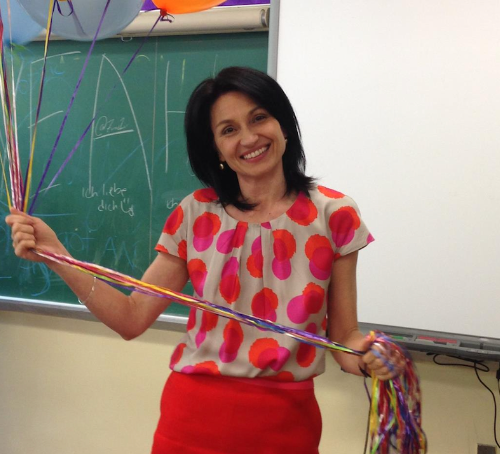
January 17, 2023
Ms. Edgington has worked at the NYC Museum School for the past ten years, where she teaches Global History and AP European History to 10th grade students. She holds a Bachelor’s degree in Sociology, German Language and Literature from Evotos Lorand University in Budapest, and Master’s degrees from Bielefeld University in Germany, as well as Columbia University in Sociology and the Teaching of Social Studies.
The Gallery: Why did you become a teacher?
Ms. Edgington: Both of my parents were teachers. My father taught history, Hungarian language and literature; my mother taught mathematics and physics. They were both very dedicated, had great relationships with their students, and were extremely knowledgeable in their fields. I grew up in a household with lots of books, and education was always highly valued. I have always loved learning and intellectual challenges. My education and my knowledge opened many doors for me. I wanted to impart that love of learning to others and help them achieve their dreams, so that was the main motivation.
Were you interested in history when you were younger?
I was very much interested! With a history teacher for a father, I grew up with discussions at the dinner table about history. It was always a big part of my life.
Did you always want to be a history teacher?
Not at all! I wanted to be a writer or do something artistic. I always tried to paint, keep my diaries and write. I never really followed through on that interest, and it’s something that I am still trying to fulfill. After graduate school, I worked for a radio station: I had my own show. I interviewed musicians, writers, politicians, and business leaders. For a few years, I worked for an airline in sales and marketing. It was a great job because it gave me the chance to travel around the world first class for free! I have been to almost every country in Europe; I went to Japan, South Africa, and Mauritius. Teaching history came later after my children were born.
What made you want to teach at Museum?
I love how this school really reflects the diversity of the city. I also like that it is a small school, so you feel like you are part of a community. And I’m hoping to make a difference in my students’ lives because in this school it is possible to make personal connections.
As you may know, your class can be polarizing. Some really love it, and others complain about the workload. What do you think about this?
I carefully prepare for my classes every day and put a lot of work into my lesson plans. So, I demand the same kind of work ethic from my students. If people don’t like to work, they won’t like the class. But, I think students who want to learn and are ready to challenge themselves enjoy it.
What was it like growing up in Hungary?
I had a wonderful childhood, and I know it’s surprising to people because I grew up in communist Hungary. People usually have a very bleak view of what communism was like, but we had a comfortable life. Education was free, including all the after-school programs. I had the opportunity to learn music, play in an orchestra, and perform in choirs. I learned three languages (German, English, and Russian), went horseback riding and could really do anything I wanted to.
When I went to college, my university tuition cost nothing, which surprises many people here. Back then, we took it for granted that education is a right, not a privilege. I also have a very loving and supportive family, so I have fond memories when reflecting on my upbringing.
That all sounds really wonderful. Did your family have any negative experiences?
My grandfather was imprisoned after the 1956 revolution when the Hungarians revolted against communism, so if you would ask him, he would have very different views. I feel that my generation got more of the positive aspects of it, while my grandfather’s and my parents’ generation saw the more negative aspects of Stalinism.
I have heard many stories from my father who had to be very careful of what he said and what he taught in school because his students would spy on him. There was a secret police and informers in Hungary, and anybody who said the wrong word could lose access to universities. But, again, there were positives and negatives, and I was luckily more exposed to the positives. However, I was very much aware that, politically, there was no freedom, and people had to fall in line.
After working with teenagers for many years, what is one piece of advice you would give yourself at this age?
It is very important to set goals you want to achieve, not something your parents want. I feel like teenagers are still very much under the influence of their families and try to fulfill their expectations. Looking back on myself, I was obsessed with my grades, always a straight-A student, so I can relate to those anxieties very much. I would tell students that none of that matters. Happiness in life does not come from grades or SAT scores. If you find your passion and set goals, you will not worry about those things that seem to be so important right now.
Why did you move to New York?
I came to the United States as a visiting scholar. I studied at Columbia University, and that’s when I met my husband.
What made you stay here?
I love New York City. I just love the energy of this city, the diversity of this city, and the culture and the art. I very much enjoy being part of all this “hustle and bustle.”
What is your favorite thing to do outside of school?
I love to watch movies–especially old Italian and French ones. And I like to go for long walks in Prospect Park and the Brooklyn Botanic Gardens. I also love to go to the beach.
Do you have a favorite song?
I don’t—I know it is very disappointing! I love all Beatles songs if that satisfies anybody!
Do you have any final thoughts you would like to share?
Right now, I think it is an extremely challenging time to be a teenager. Covid was probably the most defining moment in the life of current high-schoolers: a time of high anxiety, uncertainty, and isolation. Many students are feeling depressed and anxious, and questioning whether there is any meaning to life. On top of it, getting into good colleges has become increasingly competitive. Being on social media creates unrealistic demands and expectations. No wonder that most kids are overwhelmed and some of them are cracking under the pressure.
There are no easy answers to these problems, but I am an optimist, and I believe in the power of human connections. My message to my students is: put your phones away, join a club, be active in your community, and reach out to others! We feel the same pain, but we are all in the same boat. Together, we can find joy!
Thank you for sharing, Ms. Edgington!




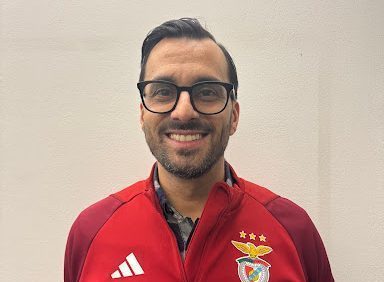






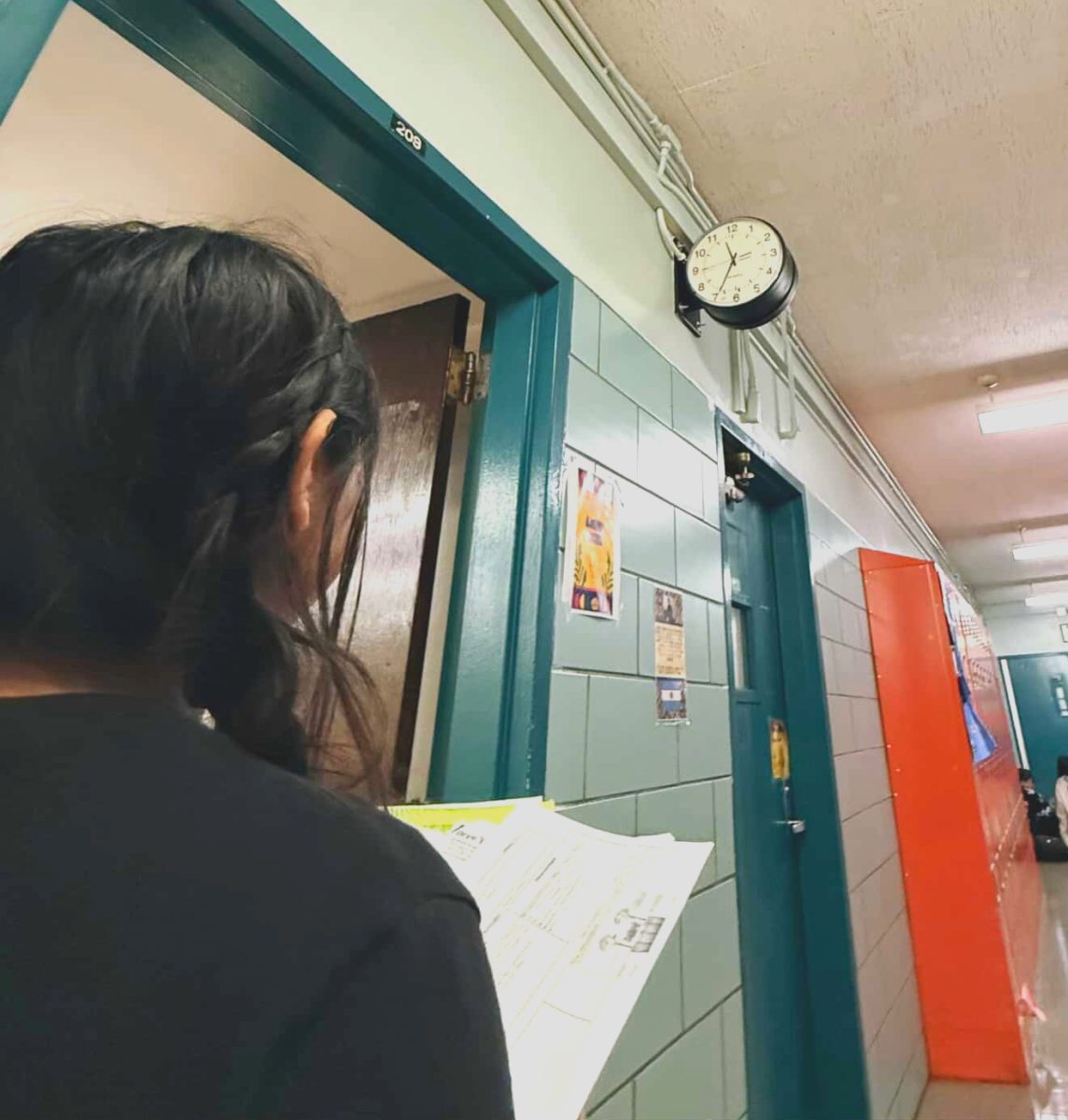
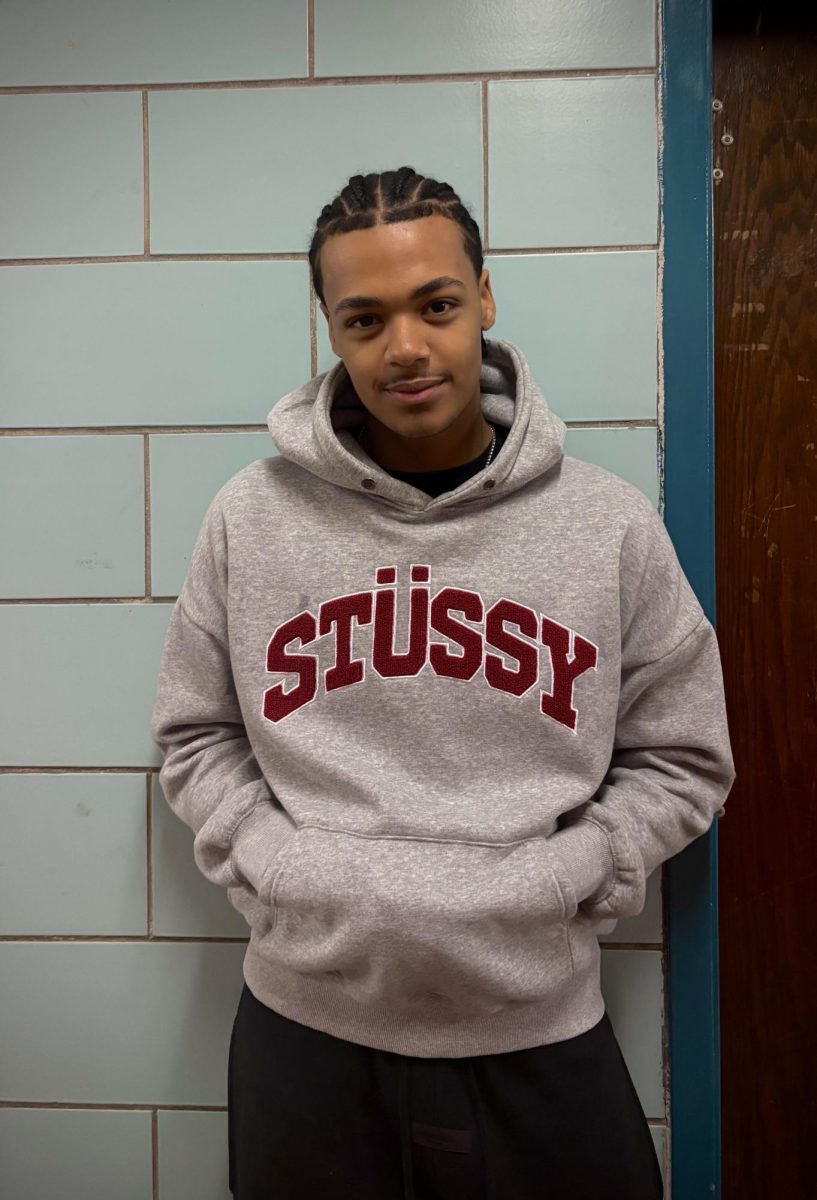
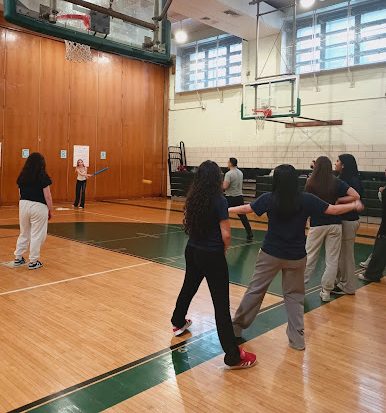












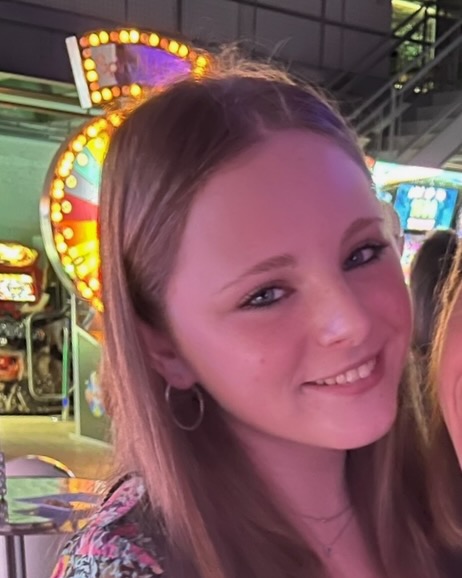
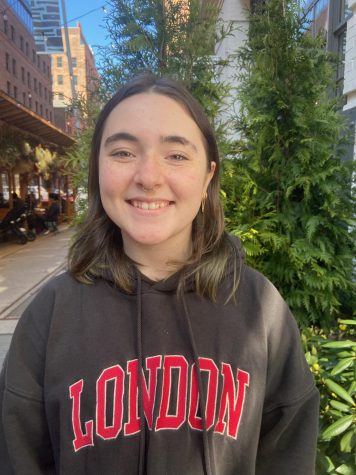
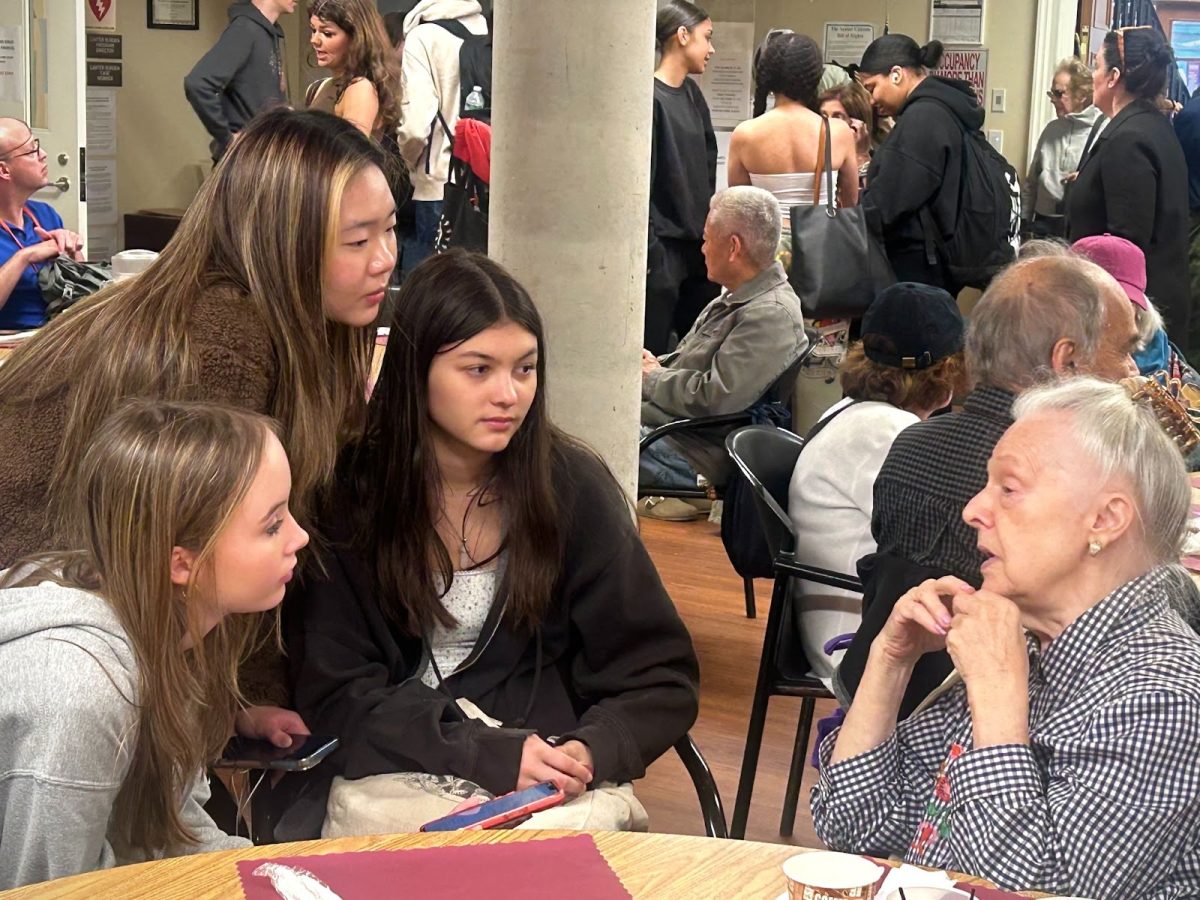
Jia • Feb 8, 2023 at 10:42 am
So good
Humayra • Feb 8, 2023 at 10:20 am
OMG I LOVE MS EDGINGTON
caroline • Feb 8, 2023 at 10:18 am
i love ms. edgington!!
Alexarodriguez • Feb 8, 2023 at 10:17 am
This is really interesting I love learning about our teachers!